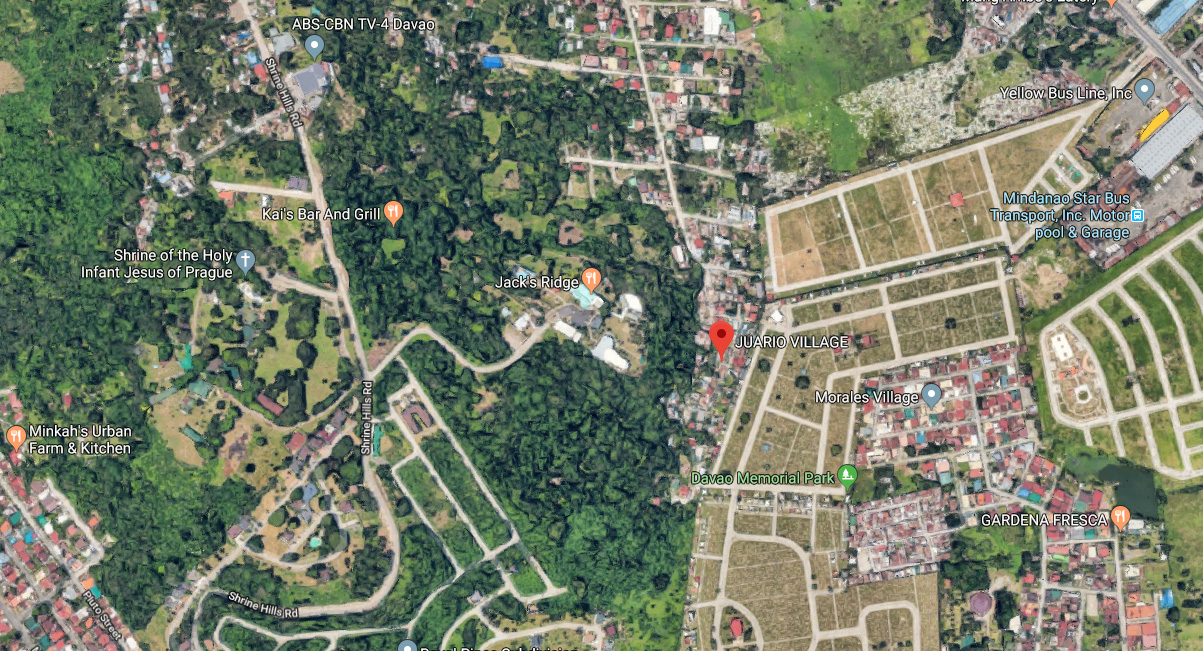My column in Mindanao Daily, Businessweek Mindanao and Cagayan de Oro Times
OPINION
By KLAUS DORING
November 29, 2019
SHARE
MOST students take a laptop or smart phone with them to lectures. My students too. Although, these units are not allowed most of the time during my classes. I think, there are times when they might be better off taking a pad and pen? And honestly, more and more do so.
Writer Claudia Hammond (I don't know her age, but I think age matters if we come to today's topic) says, " These days many people can type faster than they can write by hand, particularly if they’ve grown up using laptops. This is a hugely useful skill of course and allows you to take copious notes, quickly and easily, which must surely be a good thing, right?"
Maybe not. In an experiment, run by Pam Mueller at Princeton University published in 2014, students were given Ted talks to watch and were told to take notes.
Half were given laptops and half took notes with a pen and paper. You might expect little difference in the notes, since students are so used to using a keyboard these days. In fact, there was. The students using a keyboard were more likely to type the lecturers’ words verbatim, while the students writing more slowly by hand had no choice but to engage with the information in order to allow them to summarize. Afterwards the students were given some tricky intelligence tests to distract them, and were then quizzed on the content of the lecture.
Verbatim note-taking involves a shallower form of cognitive processing. You can even do it without thinking about the content at all should you choose to. But when using a pen and paper you process the information more deeply because you can’t possibly write it all down. The other advantage of using a pen and paper is that you can move around the page very quickly, circling, underlining or adding extra information in the margins.
When it comes to set and note new appointments or different scheduled work to do, and very import deadlines to be remembered, laptops are convenient, but turn out to be not the best option some of the time. My offices are full of note pads. ... Yes, I might be old fashioned... .
Following Claudia Hammond, who says: surely in the long run if your notes are more complete, help, when it comes to revision? Maybe not. When the students were allowed to revise from their notes before being tested a week later, the pen-and-paper group still did better. The reason is that cognitively processing material more deeply while you listen, helps you both to understand it and to remember it later on. Even if you never refer back to your notes again, the process of creating them can be useful. The exception is with learning simple facts. Then taking notes on a laptop can work just fine.
The advantage of not having to take notes is that you can focus your full attention on what’s you’re being told without worrying about writing it down. A more passive way still of keeping track of information from lectures is to record them so you can listen again or re-watch them later. But is there a risk that because you know everything is there for when you need it, you might not concentrate properly? Or does it free you up to concentrate fully on what’s happening because you’re not distracted by trying to take notes?
Within psychology when a task like this is outsourced to technology, it’s known as cognitive off-loading. But does it help?
If you want to remember your notes, research suggests you should be reaching for a pen. That's why, most of my students are asking for a minute to re-write such things, I pinned before at the white board.
On the other hand the advantage of not having to take notes is that you can focus your full attention on what’s you’re being told without worrying about writing it down, because they can always listen again later. But the benefit of taking notes is that it forces you to process the information and think about it in order to work out the best way of summarizing it.
But there was one surprise here. When the students knew they could see the video later if they wanted to, they actually took more notes and drew more diagrams, which was something of a mystery.
Of course, if you can type fast and you want a transcription, then a laptop is ideal, but if your aim is to understand the material better and not just to create a record of the material, then take notes by hand.
And the other lesson from all of this, of course, is to make your notes concise.




















